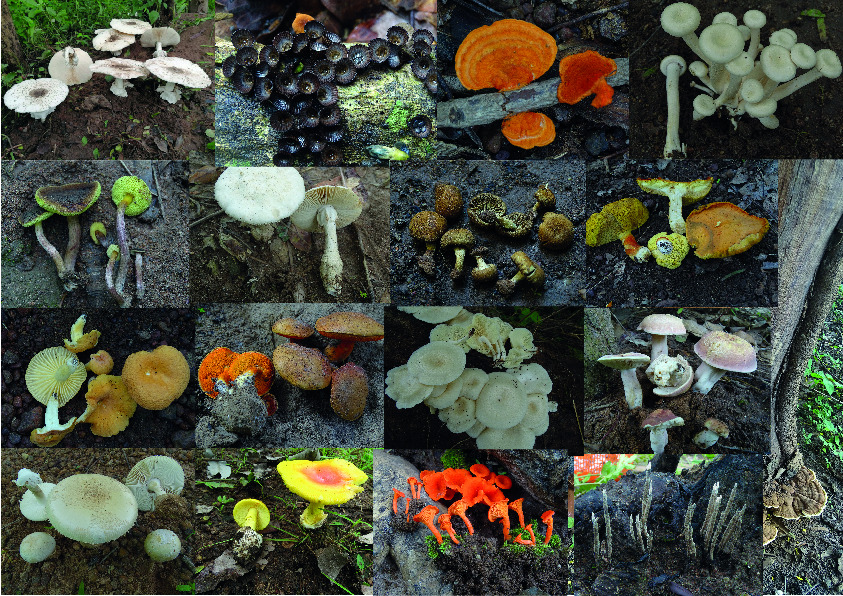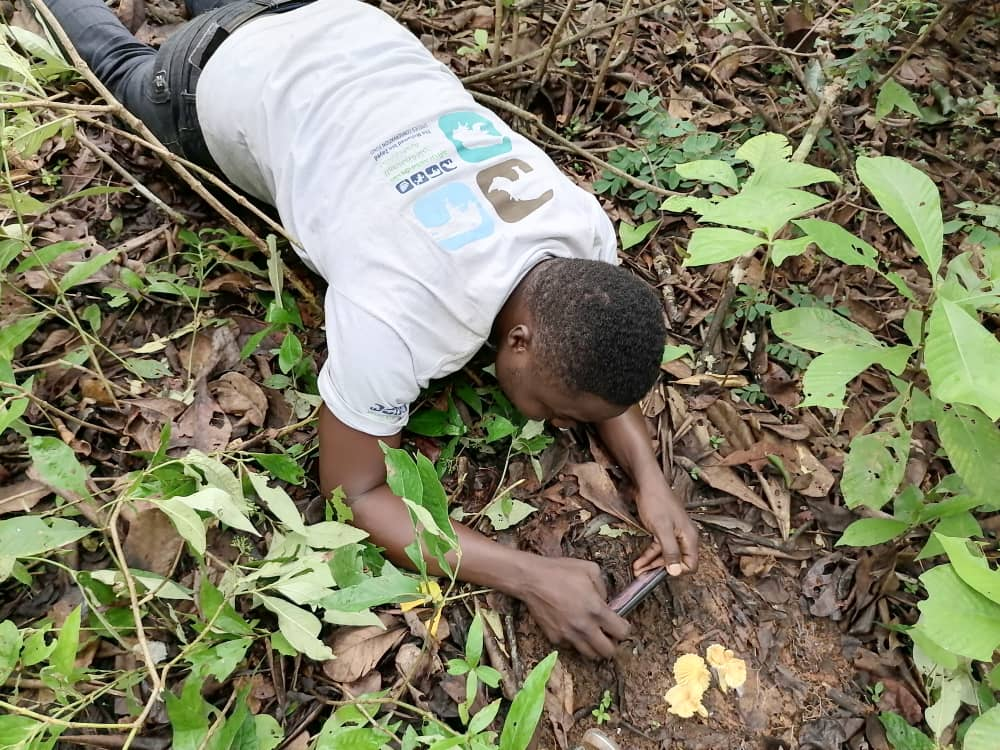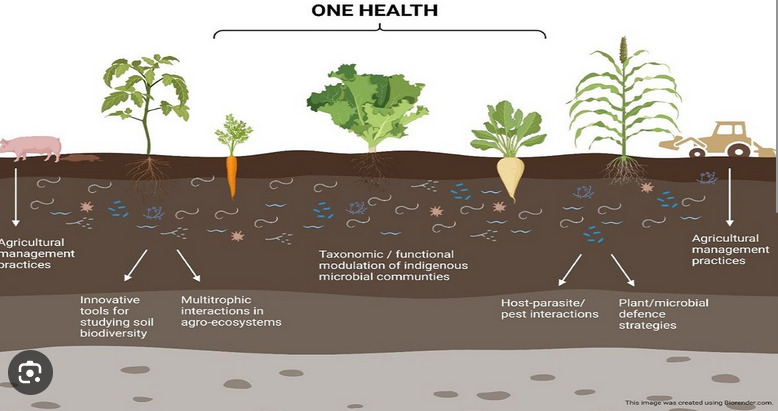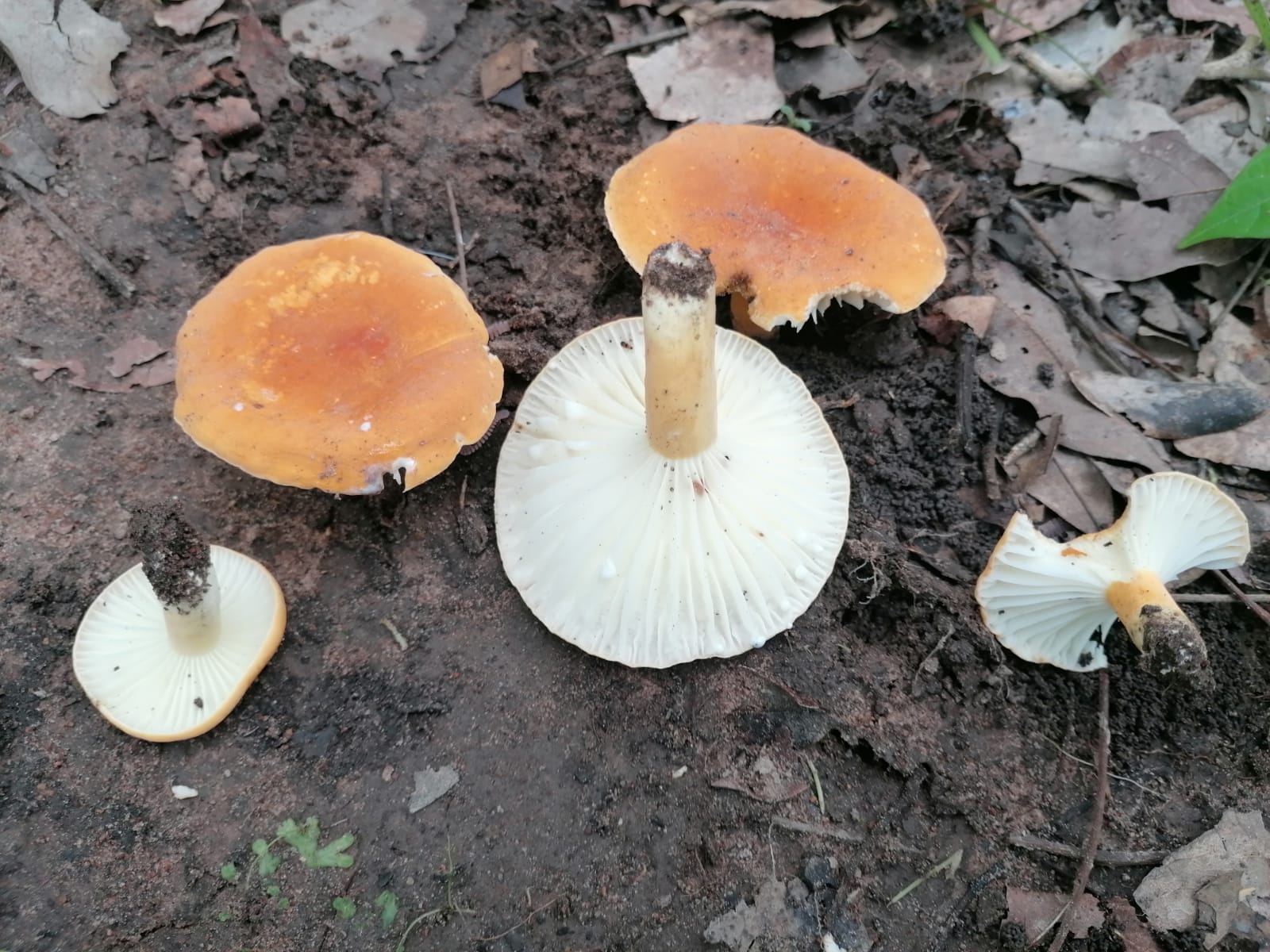Presentation
Biodiversity loss and climate change are the two most pressing issues of the Anthropocene. They are interconnected and need to be addressed together. Limiting global warming to ensure a liveable climate and protecting biodiversity are mutually supportive goals, and achieving them is essential to provide sustainable and equitable benefits to people. Unfortunately, most actions to preserve biodiversity rely on some action on plants and animals while an important kingdom, fungi, are ignored and given little consideration in planning despite the vital role they play. To support the emergence of actions for a productive, sustainable and resilient nature, the non-governmental organisation Fungi For Nature (FFN) was created to take into account fungi and their interactions.
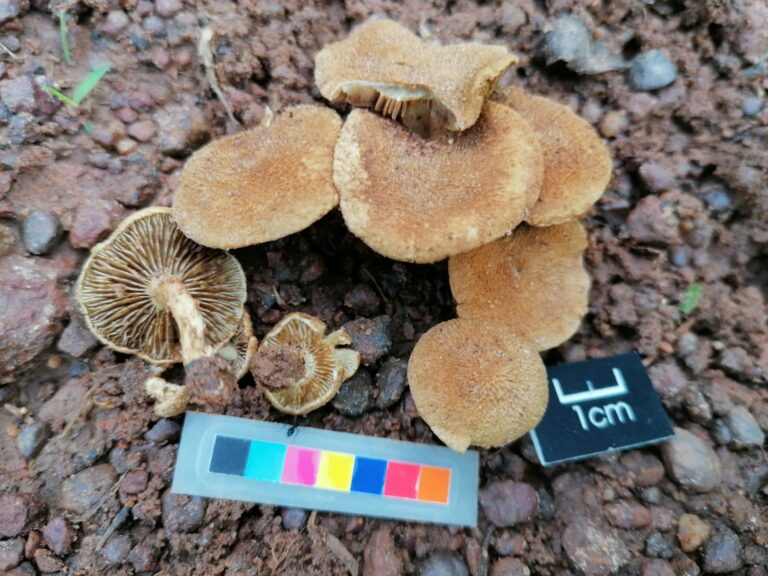
Our projects
Reintroduction of reportedly extinct stinking milk-cap mushroom in northern Benin through sapling plantations and community outreach
Habitat safegarding and community outreach promoting the conservation of the critically endangered Brown-capped mushroom in Benin (West Africa).
Documenting the Diversity of Macrofungi and Local Knowledge for Sustainable Conservation of Fragmented Swamp Forest of Lokoli in Southern Benin
Conservation of a Rare, Endemic, and Critically Endangered Stinking Milk-Cap Mushroom (Project ID OLOUBENI0220)
Habitat suitability modelling for rediscovering the endemic and endangered stinking milk-cap mushroom, reportedly extinct in its occurrence area in Benin
Conservation of a rare, endemic and critically endangered stinking milk-cap mushroom confined to the Bassila gallery forest in Northern Benin
Combining Local Ecological Knowledge with Scientific Data to Strengthen Conservation Strategies of Wild Fungi in Northern Benin
Sensitization of local populations on the ecosystem services of dead wood and the definition of sustainable dead wood extraction strategies in the Toui-Kilibo classified forest (project ID. R.3.4-29/2022/160)
The specific objectives of Fungi For Nature are to
Action Units
Fungi For Nature works in all areas related to environment, climate, conservation, sustainable agriculture, and food security. For this reason, it is technically organised in three (03) Action Units (AU) namely:
